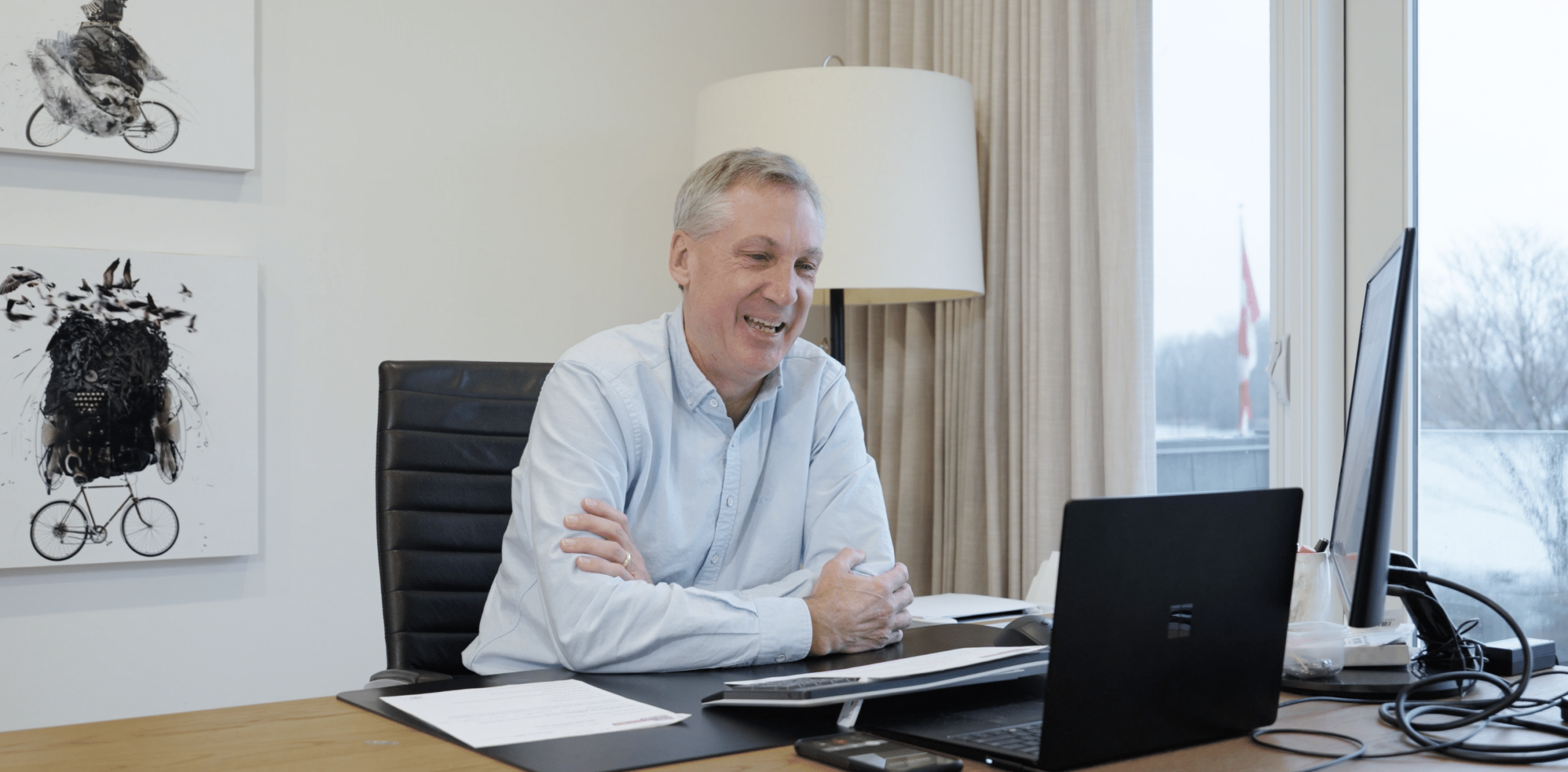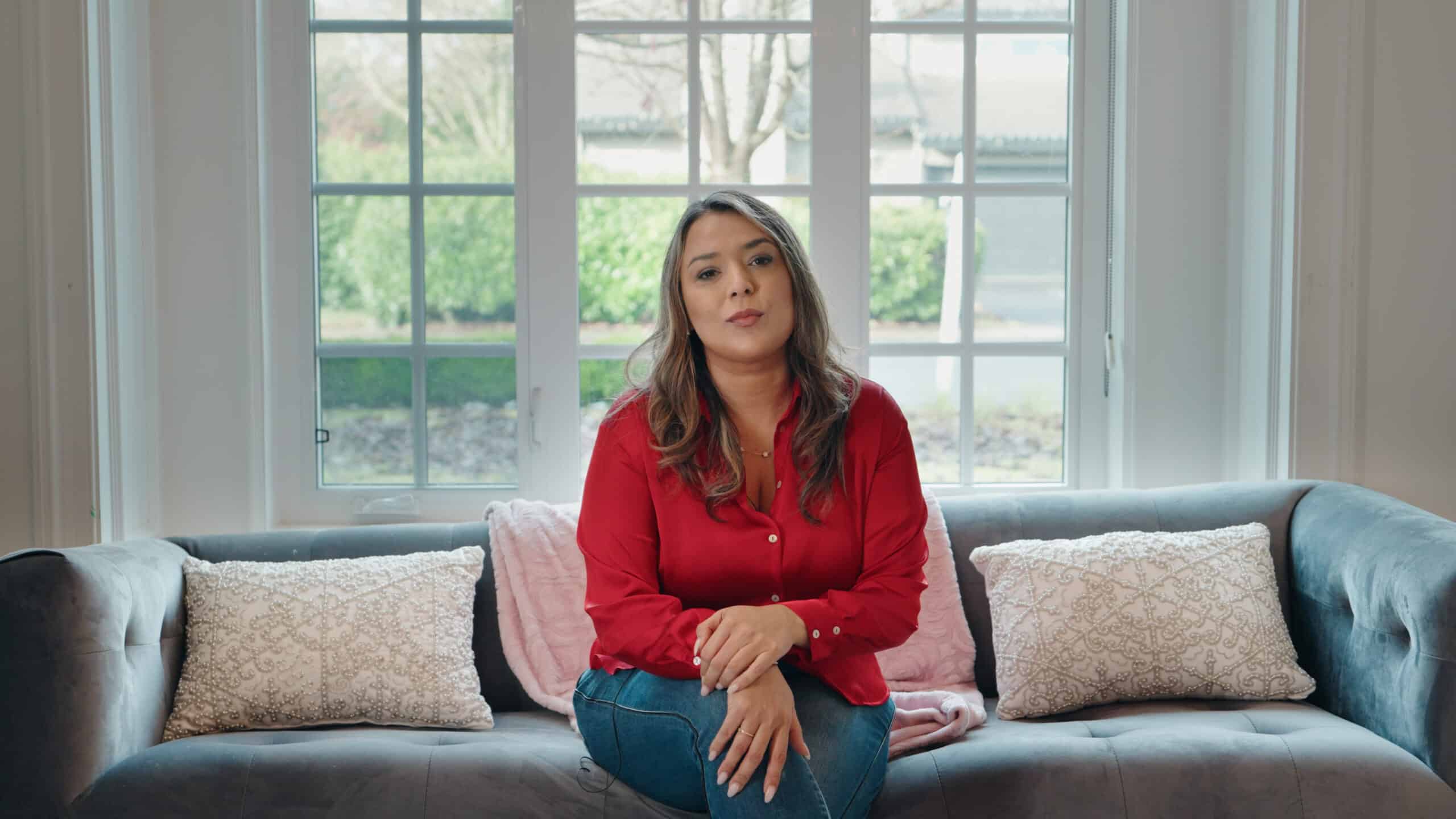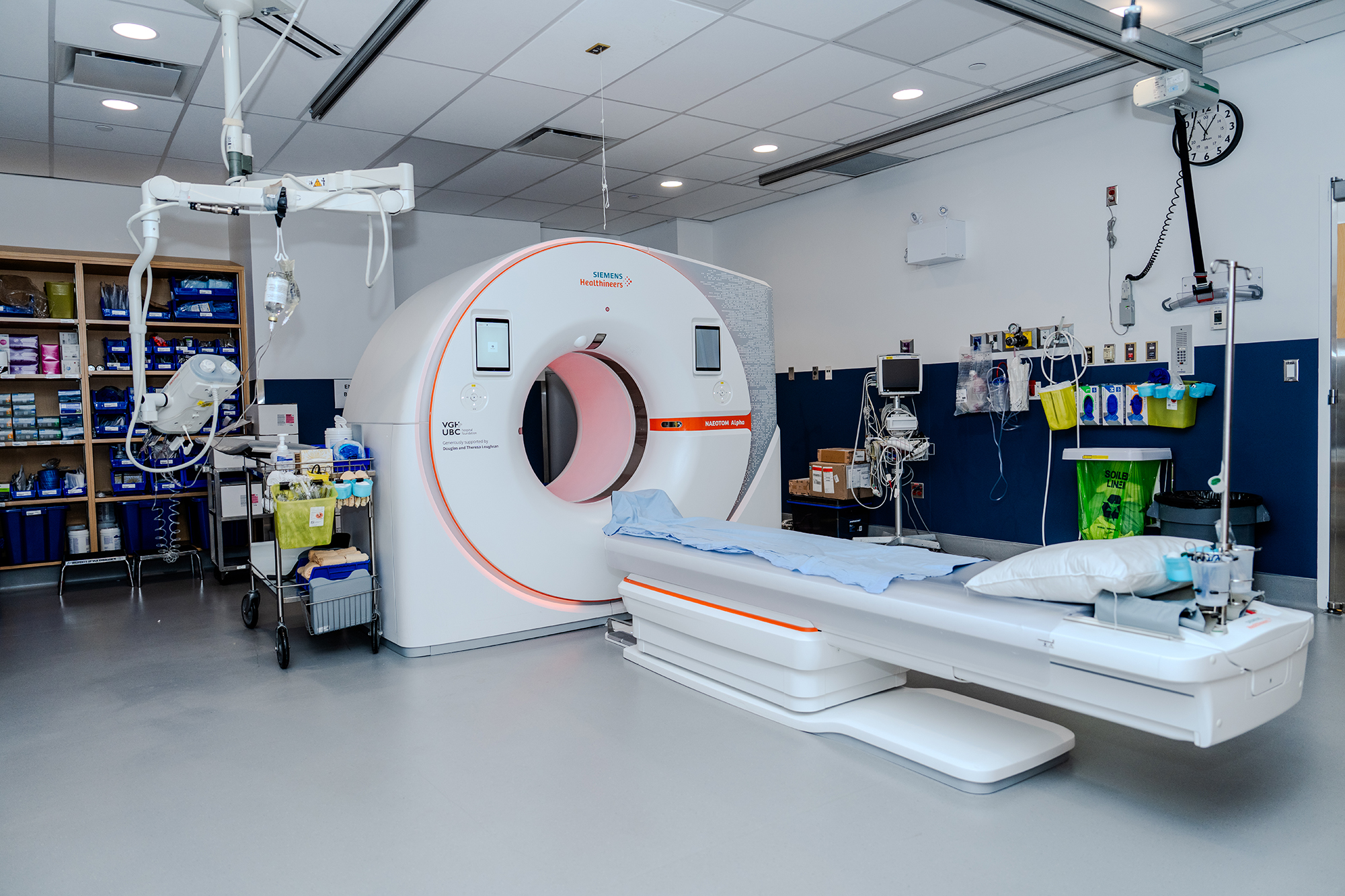A clinical fellowship is an important training step in a physician’s career. They receive hands-on training, education, and mentorship from leaders in their specialty, often going on to become leaders in their own right, building capacity into the health care system and carrying out the tradition of exceptional care at home and beyond.
VGH is Western Canada’s premier teaching hospital, attracting top recruits with its comprehensive clinical, surgical, and research opportunities. One of the most renowned of these programs is the Urologic Oncology training program. The Uro-oncology Fellows train under the leadership of world-renowned physician Dr. Peter Black, Associate Director of Clinical Research and Khosrowshahi Chair in Bladder Cancer Research at the Vancouver Prostate Centre.
Meet the Fellows
Dr. Gillian Vandekerkhove
Postdoctoral Research Fellow, VPC
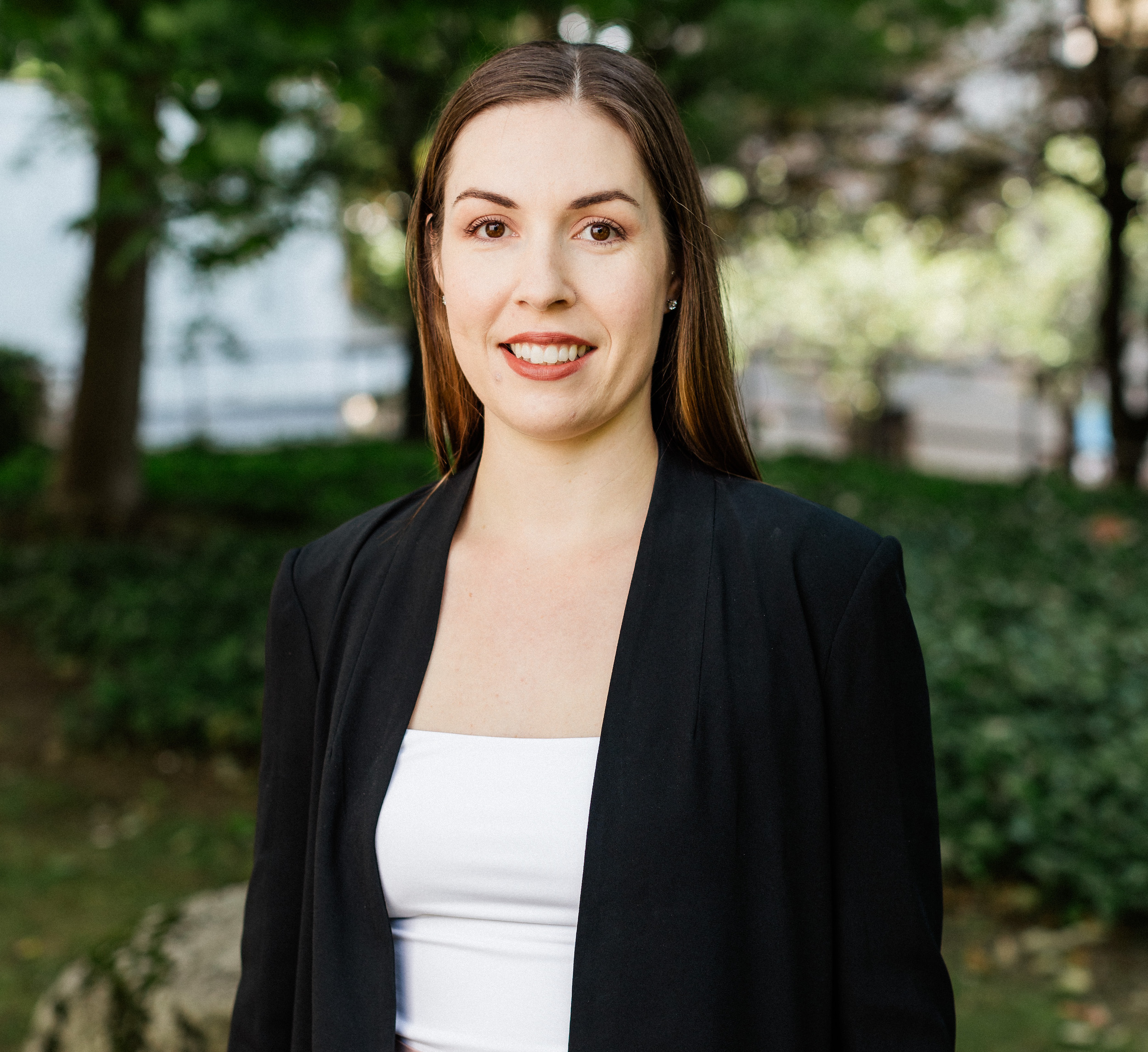
Can you provide an overview of your research?
I study the molecular landscape of aggressive bladder and prostate cancer, aiming to develop minimally-invasive biomarkers for guiding personalized treatment options. My goal is to apply genomics to tailor personalized cancer treatments, ultimately improving patient outcomes.
A central part of my research is the use of liquid biopsy, an emerging technology that takes a standard blood sample and enables us to extract DNA that is derived from the tumour. This helps us understand the tumour without the need for an invasive tissue biopsy, providing a real-time snapshot of a patient’s cancer.
What has been a highlight of your fellowship?
This fellowship has provided amazing opportunities to present my work to and collaborate with the broader scientific community. Last year I went to Amsterdam to present at the 37th Annual European Association of Urology Congress, and I recently went to Baltimore to present at the American Urological Association headquarters. I am fortunate to be able to interact with world-renowned leaders in bladder cancer and urology research and to share what we are doing here at the Vancouver Prostate Centre, receiving feedback and simultaneously generating ideas for future collaborations.
I was recently awarded a Gilead Research Scholar Program Solid Tumour Award for my proposal on leveraging circulating tumour DNA in bladder cancer. It is an international competition for people doing emerging solid tumour research, and I am the sole Canadian recipient in this round. Our research is only possible thanks to awards such as this, federal grants, and generous philanthropy funds, which amplify the research productivity for which the Vancouver Prostate Centre is known.
What motivated you to choose this specialty?
When I first started working at the Vancouver Prostate Centre, I was actually a lab technician doing next-generation sequencing. I was really drawn to the idea of the liquid biopsy as the next innovative technology that would make genomic analysis accessible to all patients.
My decision to focus on cancer genetics and genomics is two-fold. First is the fact that almost everybody has been touched by cancer in some way. It is a horrific disease, so I have an underlying motive to do better for people that are suffering. Secondly, from a scientific point of view, I am fascinated by the ability of tumours to grow and evade treatment. From my evolutionary biology background, recognizing that change is happening on such a rapid timescale in tumours is so intriguing. Through liquid biopsies we are able to track a tumour over time and begin to understand how they are evolving and responding to a patient’s cancer therapy.
How will you apply what you learned in your future research?
I am fortunate to work within a very multidisciplinary team. We work every day with urologists, oncologists and pathologists, bio-informaticians, biologists, and many more. Our research is predicated on this close network of specialists. My hope is that I can continue to leverage the relationships that I have built, and the knowledge my collaborators have shared, to be at the forefront of bench to bedside translational research.
What do you like to do outside of work?
I have twin two-year-olds, so outside of work I focus on my family. I really enjoy taking my daughters to the park or beach when the weather allows, or cooking and baking. I am also an avid reader. When possible, I like to get out into nature hiking and camping.
Dr. Marie-Pier St-Laurent
(Uro-oncology Clinical Fellow, VGH)
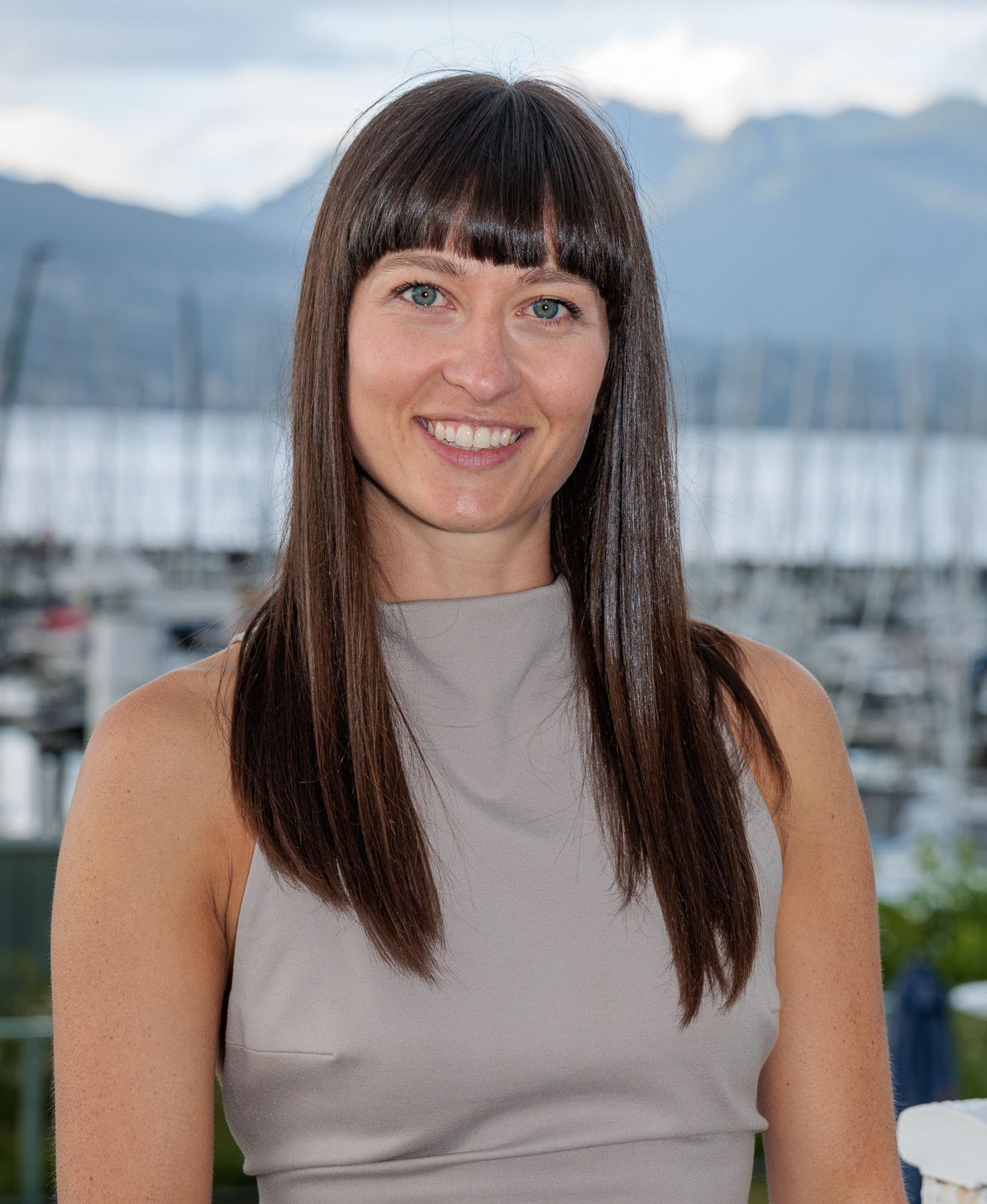
Can you provide an overview of your work as a fellow?
As a clinical fellow in Uro-oncology, I rotate working with and learning from different urologists—Dr. Peter Black, Dr. Martin Gleave, and Dr. Miles Mannas. Although we treat all urologic cancers, most of the patients I care for suffer from more common forms of cancers, specifically prostate cancer and bladder cancer. My time is often split between seeing patients in the clinic, and doing surgery.
Being a fellow is a great position to be in, where you have the luxury of being able to do more work independently, but always being under the wing of a more senior specialist.
What has been a highlight of your fellowship?
One of the main reasons why I decided to come to VGH to do my fellowship was the opportunity to do both robotic surgery and open surgery. With a trend towards doing more robotic and minimally invasive surgeries, and with fewer open surgery cases, it can be difficult to get exposure to large open surgery. I’m really happy that I’ve had lots of exposure to big, complicated procedures, especially because in the Uro-oncology field you need to be comfortable with complex referral cases.
The other highlight has just been living in Vancouver. Being from Quebec, I had only been as far west as Banff, Alberta. I love the outdoors, so I’ve really enjoyed exploring Vancouver, the mountains, and all the activities there are here.
What motivated you to choose this specialty?
I was initially drawn to urology because it is a broad speciality, so once you are in the field you have many options of sub-specialties or pathologies to treat. Urology is also a surgical field, which makes it a lot more active—you’re solving problems through “doing” as well as thinking. I was really interested in learning those skills and being more active in the treatment of my patients. I was also drawn to the field of oncology, and specifically Uro-oncology, for two reasons. First, because I wanted to help people. Treating and helping patients with cancer is very rewarding, despite it being difficult at times. Secondly, I was fascinated by how cancer functions and evolves, which provides endless research opportunities.
How will you apply what you learned in your future practice?
I’ve really enjoyed learning all the different surgical techniques, and asking the physicians why they prefer a specific one over another. It gives me a better understanding of what they are doing. I really appreciate all the experience I’ve had doing surgeries here, and I’m looking forward to putting these skills to use in future practice. I feel like everything I’ve learned during my fellowship will be applicable to my work going forward. I am grateful for the philanthropy which has supported my training and afforded me the opportunity to use the skills and knowledge I gained to help care for more people in the future.
What do you like to do outside of work?
I really enjoy being in the outdoors. I like the summertime because that’s when I get to do all my favourite activities—hiking, biking (road bikes only!), and paddle-boarding at Jericho Beach and Deep Cove.
Donate today
Through the support of donors in our community, VGH and VPC can continue to provide the highest quality of research and care, and ensure the medical leaders of tomorrow receive the best training possible—creating a better and brighter future for urology cancer patients across the province, and sharing their knowledge around the world.
Together, we grow. Join us in building a legacy for a better tomorrow by donating to our Urologic Sciences campaign today.
Learn more about how together, we are transforming urologic care.
Share this:

